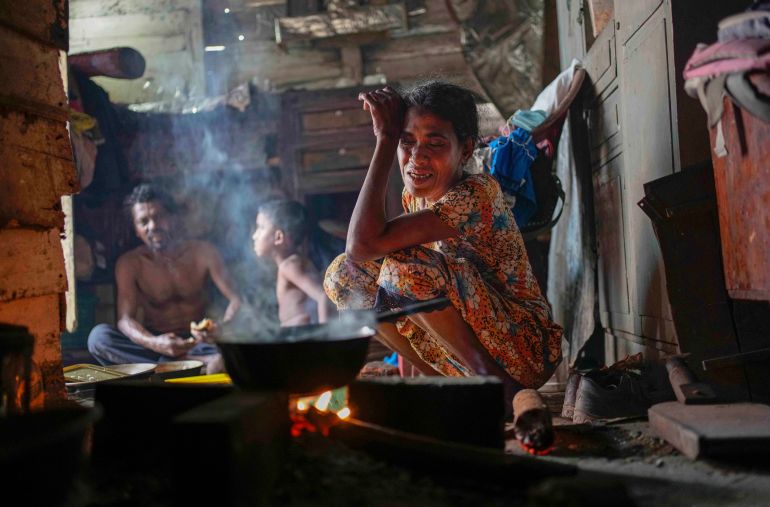Report: Half of Sri Lankan Families Are Reducing Children's Food Intake
Child rights charity Save the Children published a report on Thursday urging the Sri Lankan government and the international community to immediately take action to prevent the country's children from 'becoming a lost generation.' It found that half of the nation's families have had to reduce chi...

0:00
/0:00
Facts
- Child rights charity Save the Children published a report on Thursday urging the Sri Lankan government and the international community to immediately take action to prevent the country's children from 'becoming a lost generation.' It found that half of the nation's families have had to reduce children's food intake amid shortages.1
- After polling about 2.3K households across nine districts in Sri Lanka, the organization observed that the average household expenditure rose by 18% due to inflation from June to December last year — causing a 23% increase in households unable to meet most or all of their general basic needs.2
- Within this span of six months, 70% of the households lost most of their sources of income, of which 54% now obtain their main earnings from seasonal and irregular jobs. This instability puts children in a precarious position as these households can't guarantee nutritious food for their families.2
- This comes as the island nation faces its worst-ever economic crisis — with roughly one-third of its population currently being food-insecure and requiring humanitarian assistance as a result of reduced domestic agricultural production, weakening of the local currency, and scarcity of foreign exchange reserves.3
- On Wednesday, Sri Lankan workers went on strike defying a government ban to protest against tax hikes and spending cuts imposed to secure an International Monetary Fund (IMF) bailout package for the bankrupt country, which defaulted on its $46B foreign government debt last April.4
- The deal with the IMF is expected to be finalized by the end of March, while China has recently granted a two-year moratorium and vowed to restructure Sri Lanka's debt.5
Sources: 1Al Jazeera, 2Save the children international, 3Wfp, 4France 24 and 5Economynext.
Narratives
- Narrative A, as provided by Economist. The ongoing food shortage in Sri Lanka is the cursed legacy of deranged policies enacted by the former Pres. Gotabaya Rajapaksa, who imposed a total ban on agrochemicals. While there was indeed wide support to turn the island into the world's first fully-organic producer of food, this process should have been phased in. Groceries began to run out, forcing the country to rely on imports when foreign reserves were already in a dire situation.
- Narrative B, as provided by Organic without boundaries. A more strategic plan and a realistic time frame would certainly have worked better for the nationwide transition to organic agriculture, but blaming this decision for Sri Lanka's current food crisis is nonsensical. The origins of this crisis are, in fact, the country's financial crisis and its long-standing dependence on imported food and chemical inputs at a large scale, which caused the ban to be short-lived. Going organic is not a problem, but rather a solution to reduce this vulnerability and ensure sustainable and affordable food production.






